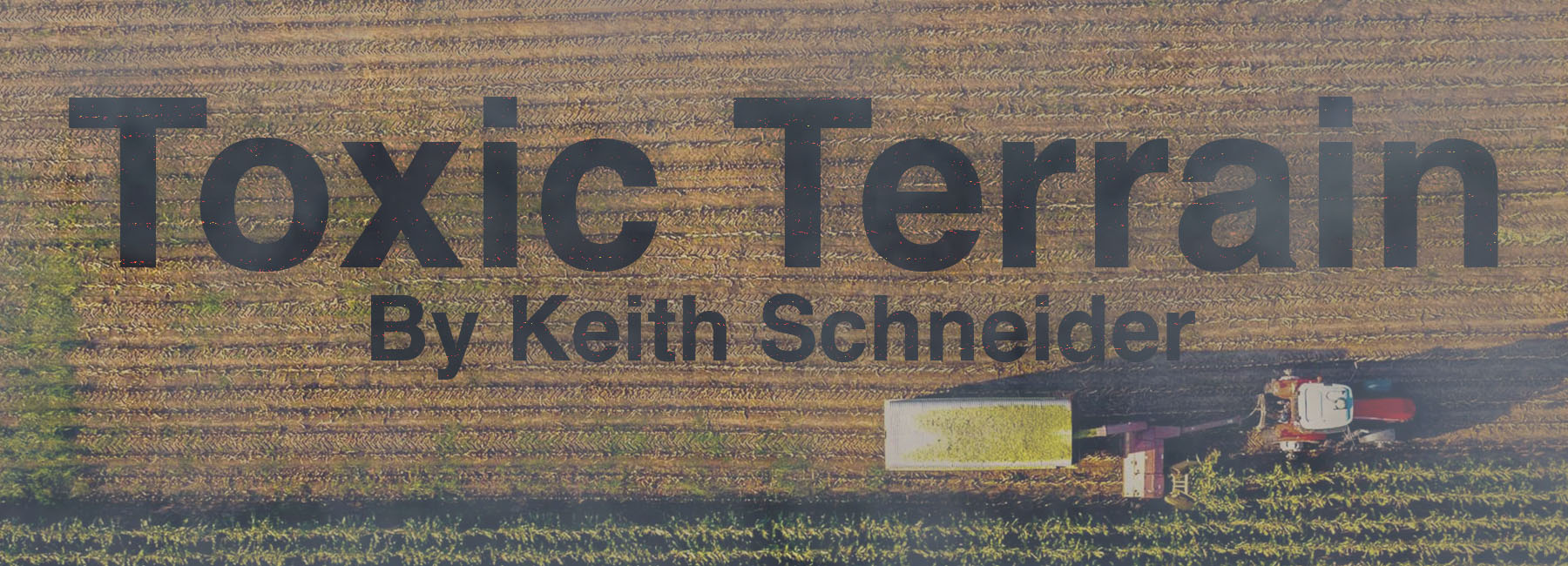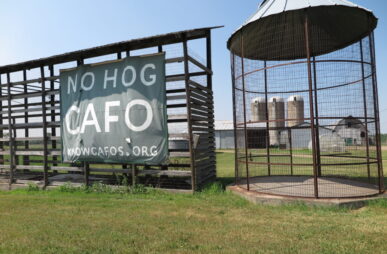US push to turn farm manure into renewable energy draws concerns
By Keith Schneider
AMES, IOWA – In a gathering that drew the attendance of both farmers and Wall Street financiers, US regulators joined with oil giant Chevron at a November conference here to promote what backers promise will be a monumental breakthrough – systemic changes that would turn polluting agricultural waste into a source of renewable energy that replaces fossil fuels and slows climate change.










